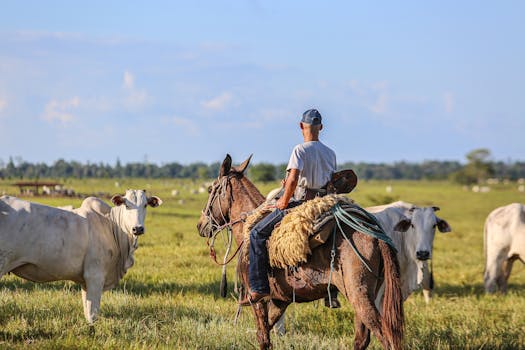Applications open for the 2025 Wildlife Acoustics Grants Programme
The Cape Verde archipelago, with its rich biodiversity and unique ecosystems, faces growing challenges in the conservation of its wildlife. To support initiatives aimed at understanding and protecting local fauna through acoustics, we announce the opening of applications for the Wildlife Acoustics Grants Programme 2025. This programme offers financial support to innovative projects that use sound recording and analysis techniques to monitor, study and conserve wildlife in Cape Verde.
What is the Wildlife Acoustics Grant Programme?
The Wildlife Acoustics Grant Programme is an initiative that aims to promote the use of acoustics as an essential tool for biodiversity conservation in Cape Verde. Wildlife acoustics, or bioacoustics, involves recording and analysing sounds produced by animals to obtain information about their presence, behaviour, distribution and health. This programme offers funding for projects that use these techniques to address critical conservation issues.
Main Programme Objectives
- Support research projects that use acoustics to monitor populations of threatened or endangered animals.
- Promote the development of new technologies and methodologies for analysing acoustic data.
- To train local researchers and conservationists in the use of bioacoustic techniques.
- Raising public awareness of the importance of wildlife conservation by publicising project results.
Why are Acoustics Important for Conservation in Cape Verde?
Cape Verde, with its strategic location and diversity of habitats, is home to a variety of unique species, many of which are endemic and face significant threats. Acoustics offers a non-invasive and efficient way of monitoring these populations, especially in hard-to-reach environments or for nocturnal species. For example:
- Seabird monitoring: Cape Verde is an important nesting site for several species of seabirds, such as the Cape green shearwater (Calonectris edwardsii). Acoustics can be used to monitor their nesting colonies, estimate population size and detect changes in behaviour.
- Study of Bats: Bats play a crucial role in Cape Verde's ecosystems, but many species are poorly known. Ultrasound recording can help identify species, map their distribution and study their activity patterns.
- Cetacean monitoring: Cape Verde's waters are visited by several species of whales and dolphins. Passive acoustics can be used to detect their presence, monitor their movements and study their communication.
Example of Success: Acoustic Monitoring of Sea Turtles
A previous project funded by a similar programme used hydrophones to monitor the vocal activity of sea turtles during the breeding season. The results revealed complex communication patterns and made it possible to identify critical areas for turtle conservation. This study demonstrated the potential of acoustics to inform management and conservation strategies.
Who can apply?
The programme is open to:
- Researchers from universities and research institutions in Cape Verde and abroad.
- Non-governmental organisations (NGOs) working on wildlife conservation in Cape Verde.
- Government agencies responsible for environmental management and biodiversity conservation.
- Postgraduate students carrying out research into wildlife acoustics in Cape Verde.
How to Apply
The application process involves submitting a detailed proposal describing the research project, objectives, methodology, budget and expected results. Proposals will be evaluated by a panel of experts in wildlife acoustics and biodiversity conservation. The evaluation criteria include the relevance of the project to conservation in Cape Verde, the innovation of the approach, the feasibility of the project and the capacity of the research team.
For detailed information on the application process, eligibility criteria and application forms, visit the programme's official website: https://www.exemplo.com/acusticavid selvagem
Conclusion
The Wildlife Acoustics Grants Programme 2025 represents a unique opportunity to boost biodiversity research and conservation in Cape Verde. By supporting innovative projects that use acoustics as a tool, this programme contributes to a better understanding and protection of local fauna. We encourage all interested researchers, conservationists and students to submit their applications and join us in this crucial endeavour to preserve Cape Verde's natural heritage.
Deadline for applications:15-08-2025
Apply for the Wildlife Acoustics Grant Programme 2025 today! Find out more and apply here.


